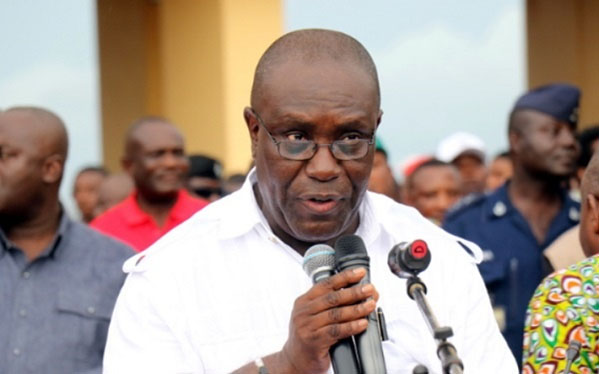Dr. Anthony Yaw Baah
THE TRADES Union Congress (TUC) of Ghana has demanded what it calls a “total overhaul” of the Social Security and National Insurance Trust (SSNIT) over issues of disparities in the scheme and also low pension premiums paid to public sector retirees.
At a press conference in Accra, the union vowed to end what it described as a “class system” in pay administration in favour of Article 71 office holders, insisting that SSNIT was not functioning as expected by members of the public.
Addressing the presser, General Secretary of the TUC, Dr. Yaw Baah, indicated that although government had agreed to pay fifteen percent Cost of Living Allowance (COLA) to workers on the Single Spine Salary Structure, TUC was determined to work together with other labour unions to end the “unfairness in remuneration” for public sector workers.
“The essence of SSNIT is completely gone. What is social security about people who earn GH¢300? I can assure you that if it wasn’t pushed further to GH¢300, there would still be people who earn less than that.
“How can someone who earns GH¢40,000 be paying SSNIT whereas another who earns about GH¢300 be deducted also?” he lamented.
He stressed that, “The TUC and its affiliates have our eyes and minds firmly fixed on the outcome of the Single Spine Salary Review process currently underway” and “are determined to work together with other organised labour groups to end the unfairness in remunerations for public sector workers on the Single Spine Salary Structure on one hand, and Article 71 office holders and State Owned Enterprises (SOEs) on the other.”
He added, “We will not allow the class system in pay administration in favour of Article 71 office holders to continue. It must end now!”
Touching on Ghana’s recent move to seek an economic bailout from the International Monetary Fund (IMF), the union reiterated its objection to the move with reasons that it would worsen the country’s prevailing harsh economic conditions.
According to him, corruption and failure to transform the structure of the economy were responsible for the country’s lack of progress.
BY Nii Adjei Mensahfio


